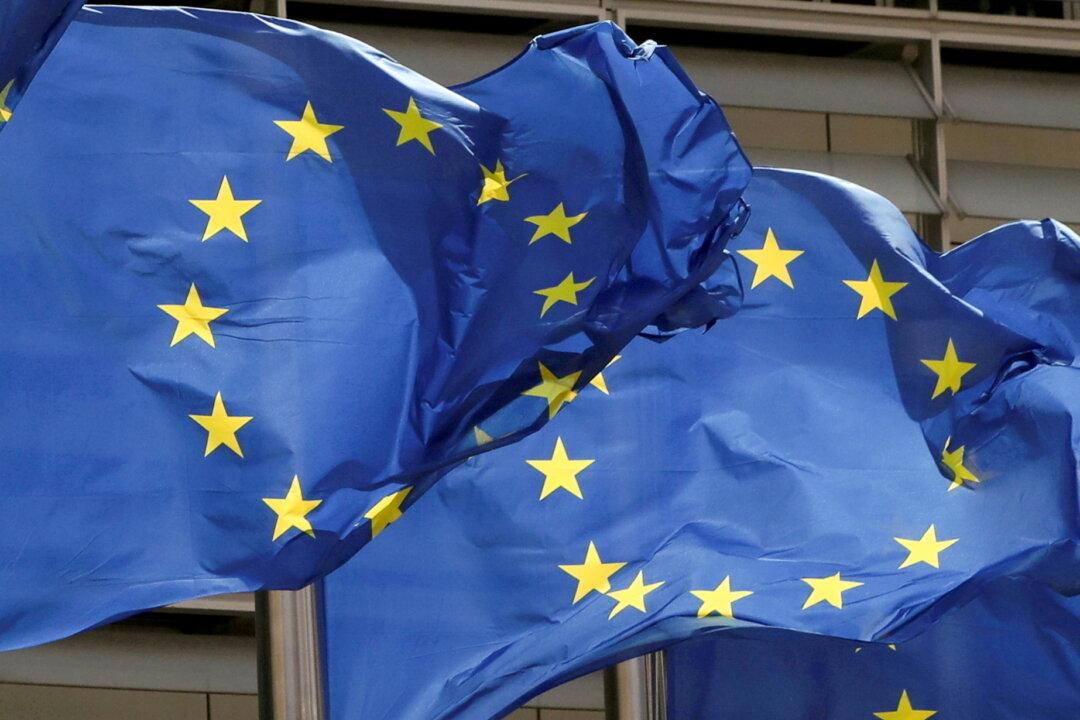Some members of the European Union are demanding sanctions to be imposed on energy imports from Russia on account of Moscow’s invasion of Ukraine while the price of oil rebounds amidst fears of new sanctions, the ongoing war, and supply issues.
“Looking at the extent of the destruction in Ukraine right now, it’s very hard to make the case that we shouldn’t be moving in on the energy sector, particularly oil and coal,” Irish Foreign Minister Simon Coveney said at a meeting of EU foreign ministers on March 21.





